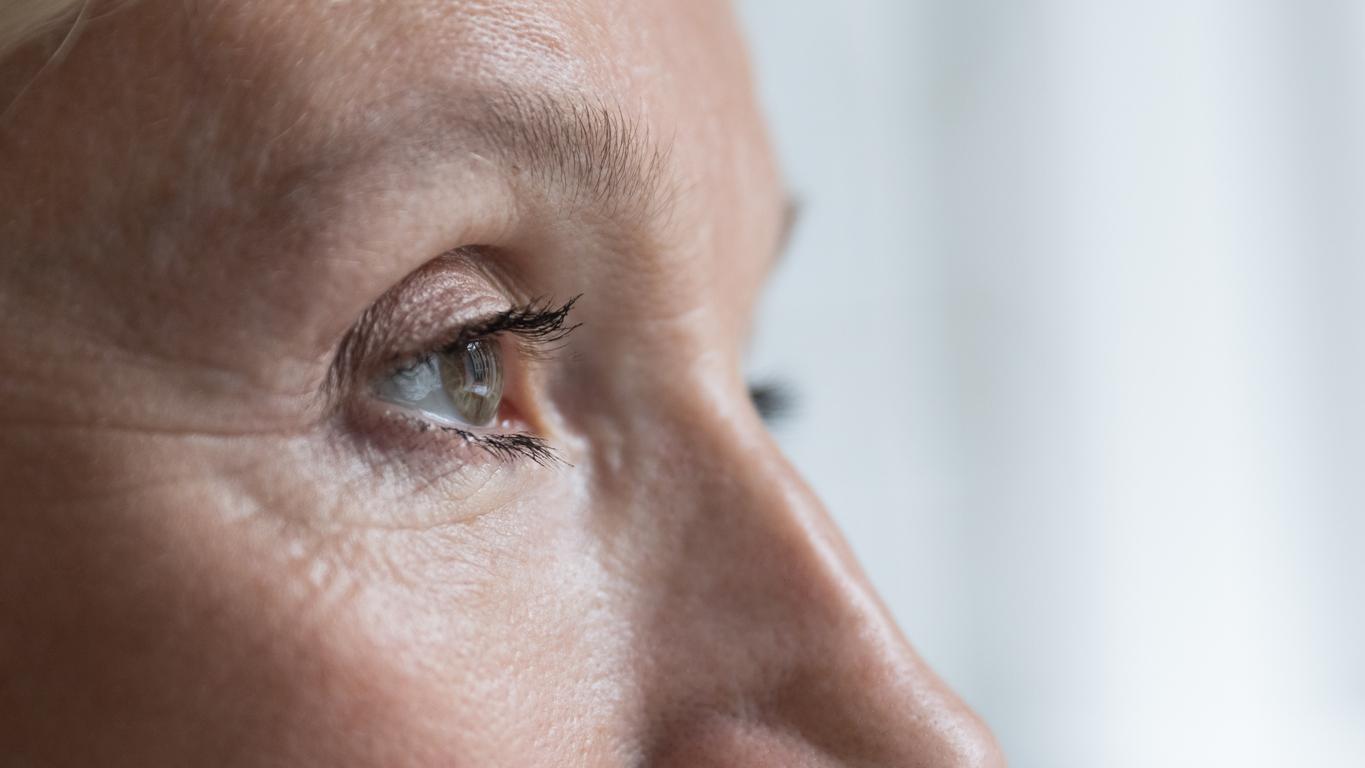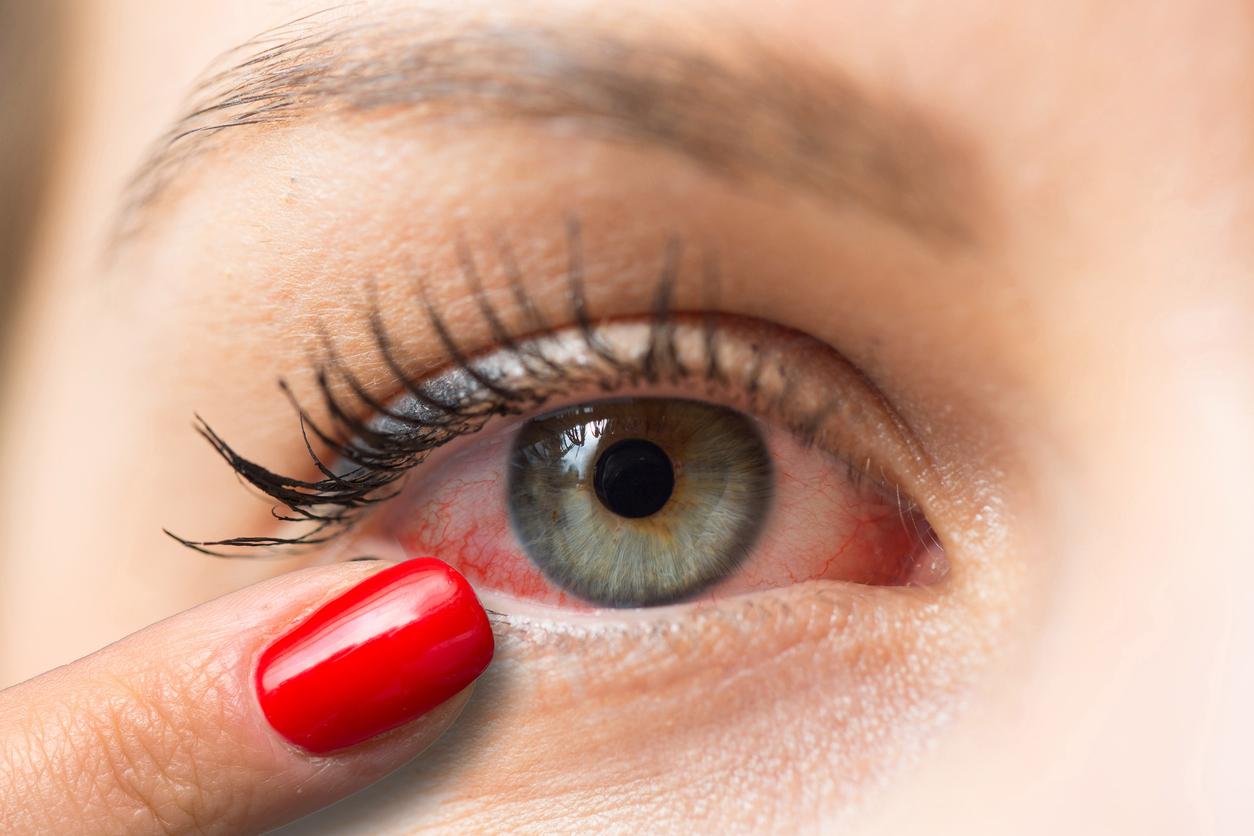The government should end the prescription for contact lenses. In this case, contact lens wearers are 6 times more likely to have an infectious complication.

Contact lenses are disposable products but not vulgar kleenex. As proof, these medical devices are normally only sold on medical prescription. However, this practice risks being called into question. A bill (1) which should be debated in September provides for making optional medical advice for the wearing of contact lenses. This change could even take place earlier than expected since a draft decree is being drafted.
On April 11, representatives of ophthalmologists, opticians and contactology as well as the main optical e-commerce sites were even summoned urgently to the Ministry of Health to give their opinion on this draft text. It states that “when the corrective lenses are first delivered to a patient, the professional checks that the corrective lenses have been fitted beforehand by an authorized health professional. For people under the age of sixteen, this issue is subject to a valid medical prescription. In other words, for those over 16, going through an ophthalmologist would no longer be compulsory.
Listen to Dr Jean-Bernard Rottier, president of the national union of ophthalmologists of France (Snof): “The bill speaks of“ qualified professional ”. But, this professional can equally well be an optician, an orthoptist or an ophthalmologist ”.
If the government is moving up a gear in this matter, and has decided not to wait until September, it is because the European Commission is calling on France to clarify its legislation on the online sale of contact lenses. And the threat of a heavy fine hangs over our heads. But, for Jean-Bernard Rottier, president of the Snof, “this measure, under the guise of simplifying the lives of consumers, poses a major problem: it eliminates medical checks. However, it is this control that makes it possible to avoid complications related to wearing lenses. And these complications can be very serious. “
Listen to Dr Jean-Bernard Rottier : “Having to go to the doctor anchors the lens like a medical device, not like a T-shirt. Complications can go as far as corneal transplants. “
A study to be published soon, carried out in 21 French university hospitals or regional hospitals, clearly shows that wearing lenses is not trivial. “Wearers of unsuitable lenses and not followed by an ophthalmologist are six times more likely to develop an infectious complication under the lenses”, reports Dr Evelyne Le Blond, president of the French society of ophthalmologists for contact lens adapters (Sfoalc ). This article also shows the importance of informing carriers in preventing complications, she added in a statement. However, at present, on Internet sites, written information is given, but without guarantee of reading. Internet patients who, to access the lens ordering page only have to check “I have read the information”, admit not reading it “.
The National Federation of Opticians of France (Fnof), it is procrastinating. “In the decree, there is no question of removing the ordinance, insists Alain Gerbel, president of the Fnof. In addition, contact lenses have always been over the counter. The prescription is requested for reimbursement and only in certain prescription cases. ”
Jean-Bernard Rottier confirms that the ordinance is not an obligation, but “it is good practice”. Clearly, for opticians, the ideal is to go through the ophthalmologist for the adaptation of contact lenses, but “on condition that the French do not wait a year to have an appointment with an ophthalmologist”.
Listen to Alain Gerbel, President of the National Federation of Opticians of France (Fnof):“If tomorrow, ophthalmologists undertake to receive all French people within a month, I am willing to make the medical prescription compulsory”.
Studies show, moreover, that during a very simple consultation to prescribe glasses or contact lenses, more than a third of patients come out with a diagnosis of ophthalmological disease, sometimes serious.
(1) The bill on various adaptation provisions to European Union law in the field of health (Ddadue).
.















